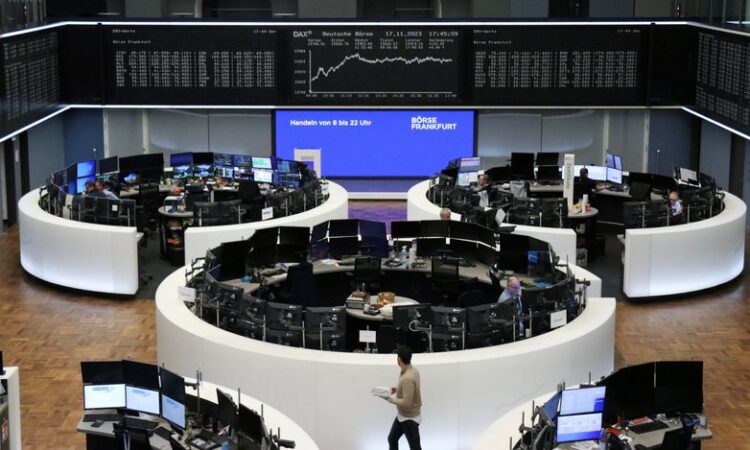
By Huw Jones
LONDON (Reuters) – European Union lawmakers gave the nod on Tuesday to giving investors better access to stock and bond prices and helping the bloc’s capital market compete better with Wall Street in raising funds for companies to grow.
The European Parliament voted in favour of revising the bloc’s securities rules known as MiFID by mandating the creation of “consolidated tapes” or single real-time snapshots of bond prices by mid-2025, and for stocks and derivatives during 2026.
EU states have already given their nod.
Only large market participants with deep pockets can typically afford to get prices from the many trading platforms dotted across the EU.
“The new provisions should reduce information asymmetries between market participants and improve orderly trading in commodity derivatives concerning energy and food,” parliament’s economic affairs committee said in a statement.
AFME, which represents market participants in Europe, said tapes for stocks and bonds should now be a priority.
“These tapes are an initial step in making EU cross-border investments easier through the creation of a truly integrated pan-European market,” AFME said in a statement.
EuroCTP, a grouping of exchanges, including Deutsche Boerse and Euronext, that wants to set up tapes in shares and exchange-traded-funds, said Tuesday’s vote was a great start to 2024.
“At EuroCTP, we stand by the shared principle of increasing market data transparency and accessibility,” it said.
Three heavyweights in the bond trading sector said last month they had scrapped plans to provide a bond tape, citing complexity and costs.
Tapes, a feature of Wall Street for decades, have been mired in industry infighting in Europe over how exchanges should be paid for their price data, a key element of their earnings.
Tuesday’s revisions to MiFID also ban brokers from receiving payments from trading platforms to which they channel client stock orders, known as payment for order flow or PFOF.
Regulators were concerned that investors may not always get the best prices, but not all lawmakers agreed.
“Banning PFOF will do precisely one thing: make trading costs for retail investors go up. This is consumer protection done wrong,” said Markus Ferber, a German centre-right lawmaker on the economic committee.
Britain, no longer an EU member, is taking similar steps to set up price feeds.
(Reporting by Huw Jones; Editing by Christina Fincher)






